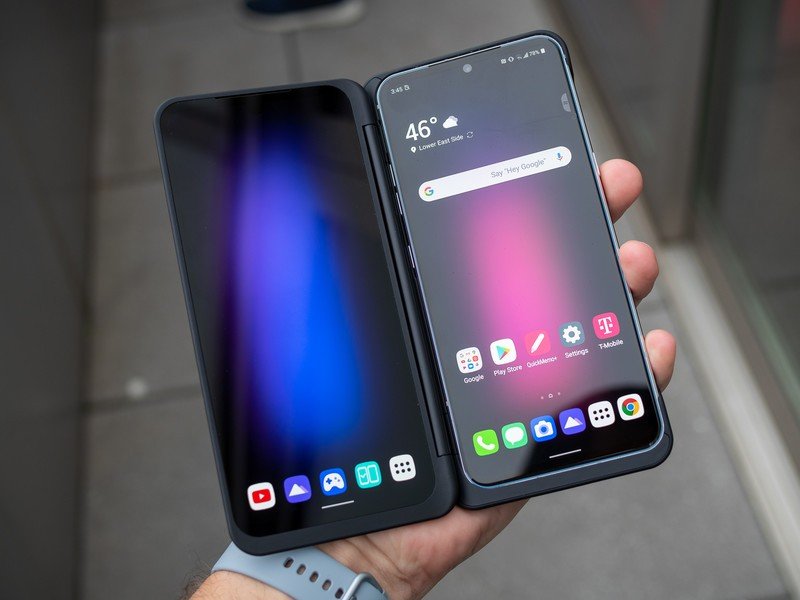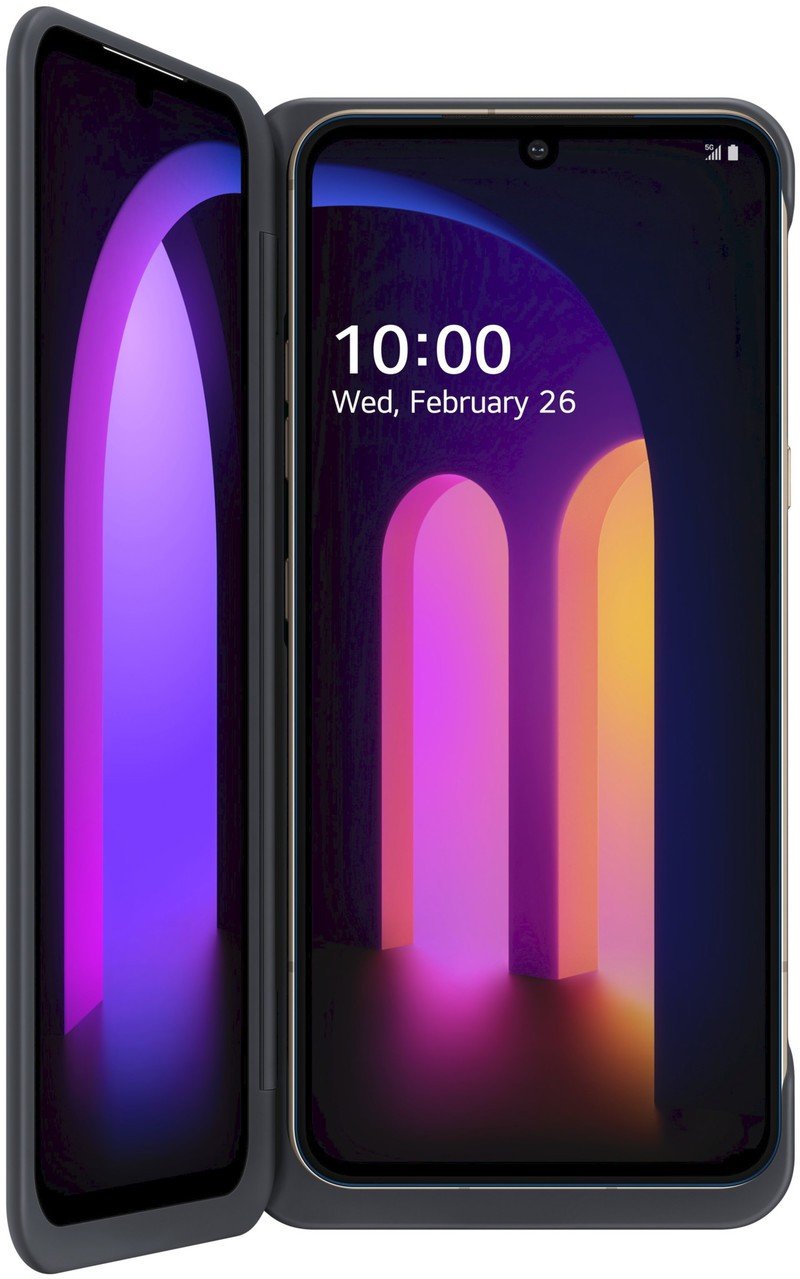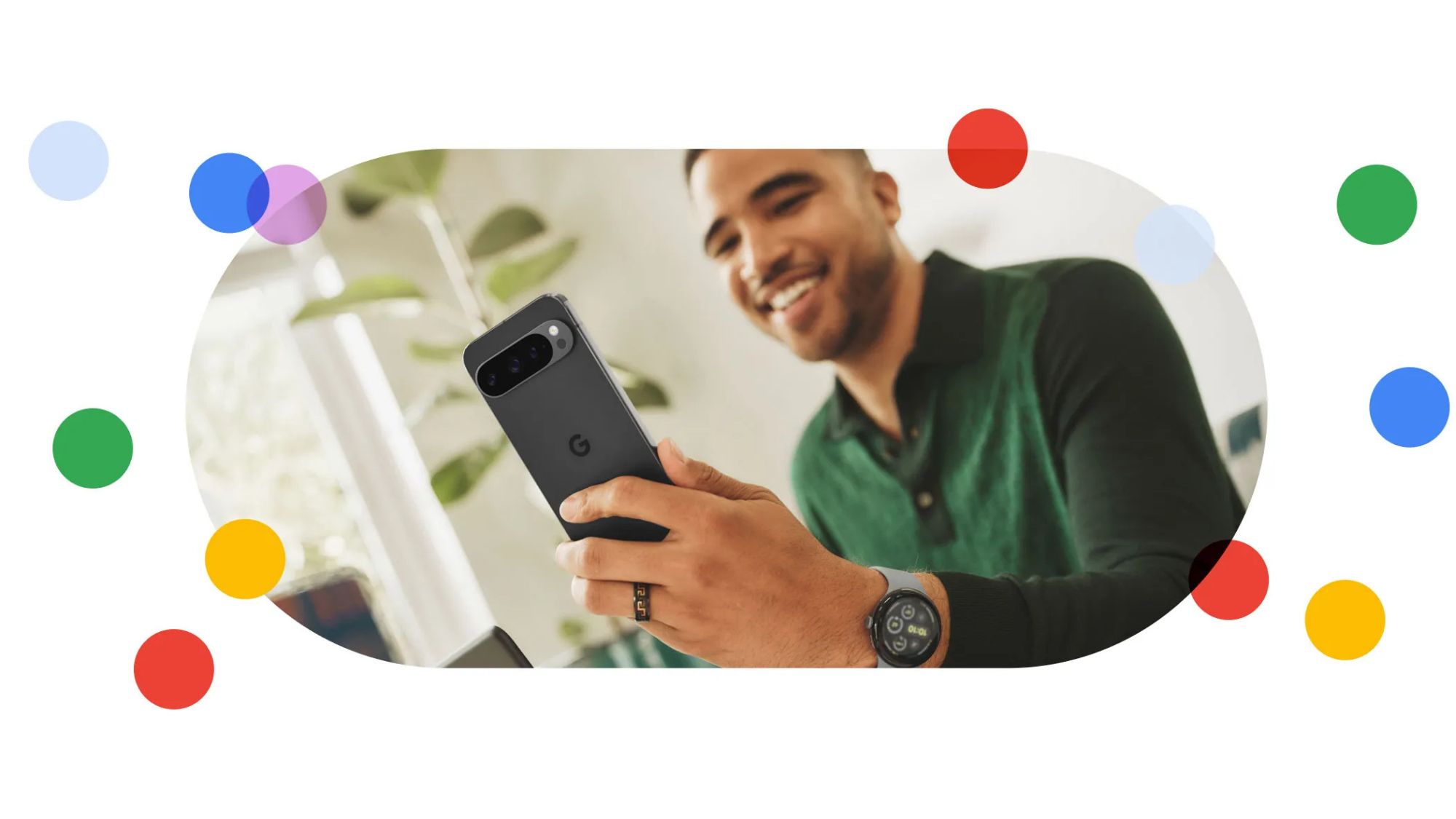LG's bad software is the one thing holding back its great Android phones

I'm fresh off the heels of publishing my video review of the LG V60, which went live alongside Andrew Martonik's written review, and to be totally honest, the very first thing I did after my video went live was move back into my Galaxy S20+.
This is partially because my V60 is a locked AT&T review unit, and my personal phone number is attached to a Google Fi SIM. But it was also hugely relieving because for as much as I enjoyed the V60 for its nice hardware, I couldn't wait to stop using LG's software, which Andrew and I both complained about in our respective reviews. I'm not even a huge fan of Samsung's One UI per se (I'm that guy that always prefers Google's Pixel UI or OnePlus's OxygenOS), but it feels incredibly modern by comparison.
LG's software isn't a deal-breaker, but it doesn't add any value against other phones.
At first glance, LG's UX 9 looks perfectly fine, with a revamped aesthetic based around Android 10 — we even wrote an article a few months ago touching on its visual similarities to One UI. But under the surface, there's a lot that's either outdated or downright missing from the software.
I mentioned in my video review that there's no way to swipe down on the screen to access your notification shade with the default launcher, something that seemingly every other variant of Android has gotten down by now. That's a hugely important feature, especially on such a physically large phone, and one can only imagine that LG (who was one of the first to implement swiping down on the fingerprint sensor around back for the same action) just forgot to move the action to software since switching to an in-display fingerprint sensor.

There are also hilarious holdovers from long-discontinued hardware trends, like how the software still reminds you not to remove the battery if the software freezes ... something you haven't been able to do since the LG G5. Or the fact that the app drawer still doesn't remember your sort settings; if you sort alphabetically, then add or remove an app, you'll need to hit the menu overflow button in your app drawer and sort all over again. How is this still a thing?
Of course, you can fix a lot of this by just installing a third-party launcher — but that, in turn, disables gesture navigation and kicks you back to the old three-button layout.
You still shouldn't count the V60 out, considering how great its hardware and battery life are.
There's also the frustrating software management of LG's own creation, the Dual Screen secondary display attachment offered with the V60. While it works well in doubling your screen real estate, running one app on both screens is an exercise in frustration; before entering full screen(s) mode, you need to first jump into the system settings and enable each app for Dual Screen individually, then the system still prompts you to manually activate full-screen mode within the floating menu button before it distributes the UI elements accordingly.
Be an expert in 5 minutes
Get the latest news from Android Central, your trusted companion in the world of Android
To LG's credit, it does some things on the software side that aren't just good, but better than the alternatives from others like Samsung. I love being able to double-tap the screen not just to wake the V60, but to put it back to sleep as well. It also isn't loaded with too many redundant services like One UI (though bloatware is a different story on this AT&T unit), and the lack of Bixby is certainly a relief.
LG's software isn't a deal-breaker, and the V60 is still a perfectly good phone with excellent features like 5G support, 8K video recording, high-res wired audio, and outrageously good battery life — all for under $1000. But it's hard to call any part of its software experience a positive trait of the phone, and I'd put just about any other manufacturer's software on the phone if I could.
Still, the phone's a great value for all of the high-end features it offers, and as I said in my review, it doesn't have to beat Samsung's S20 series (or any other flagship, for that matter) in sheer feature sets when it manages to offer such a complete experience for hundreds of dollars less.

A great phone held back by subpar software
LG's software may not offer the best experience around, but the V60 is still a fantastic value given all that its hardware offers. You get two capable cameras that can shoot 8K video, 5G network support, and some of the best battery life we've seen on a phone in recent years.
Hayato was a product reviewer and video editor for Android Central.

